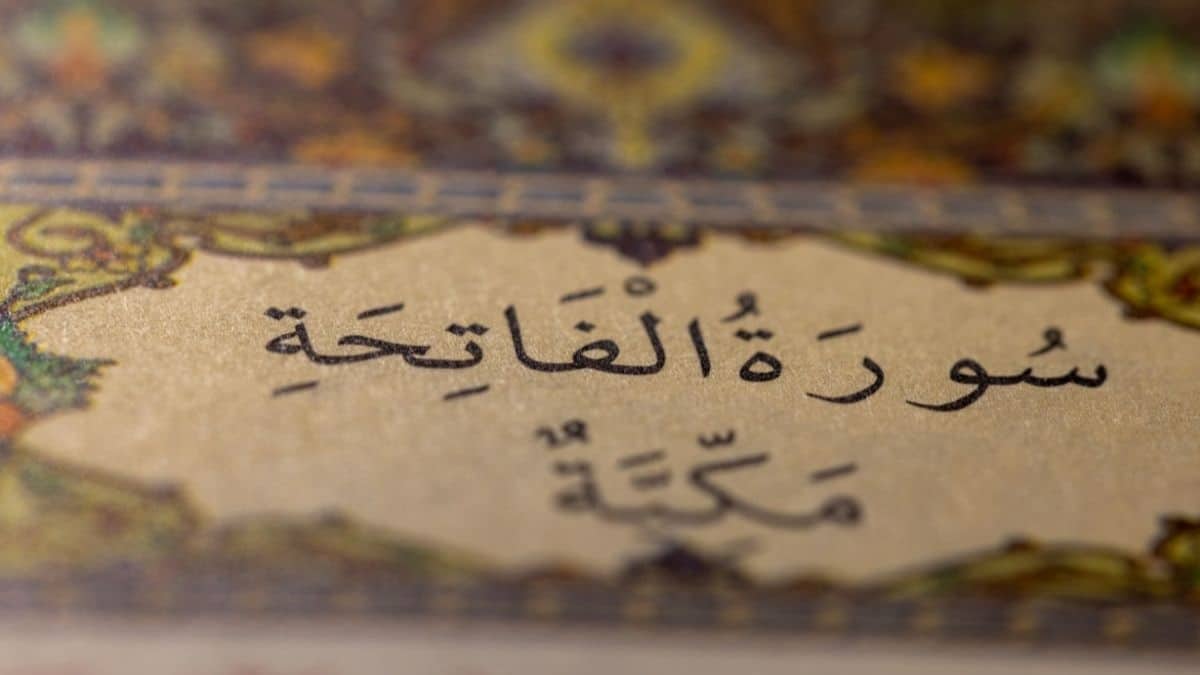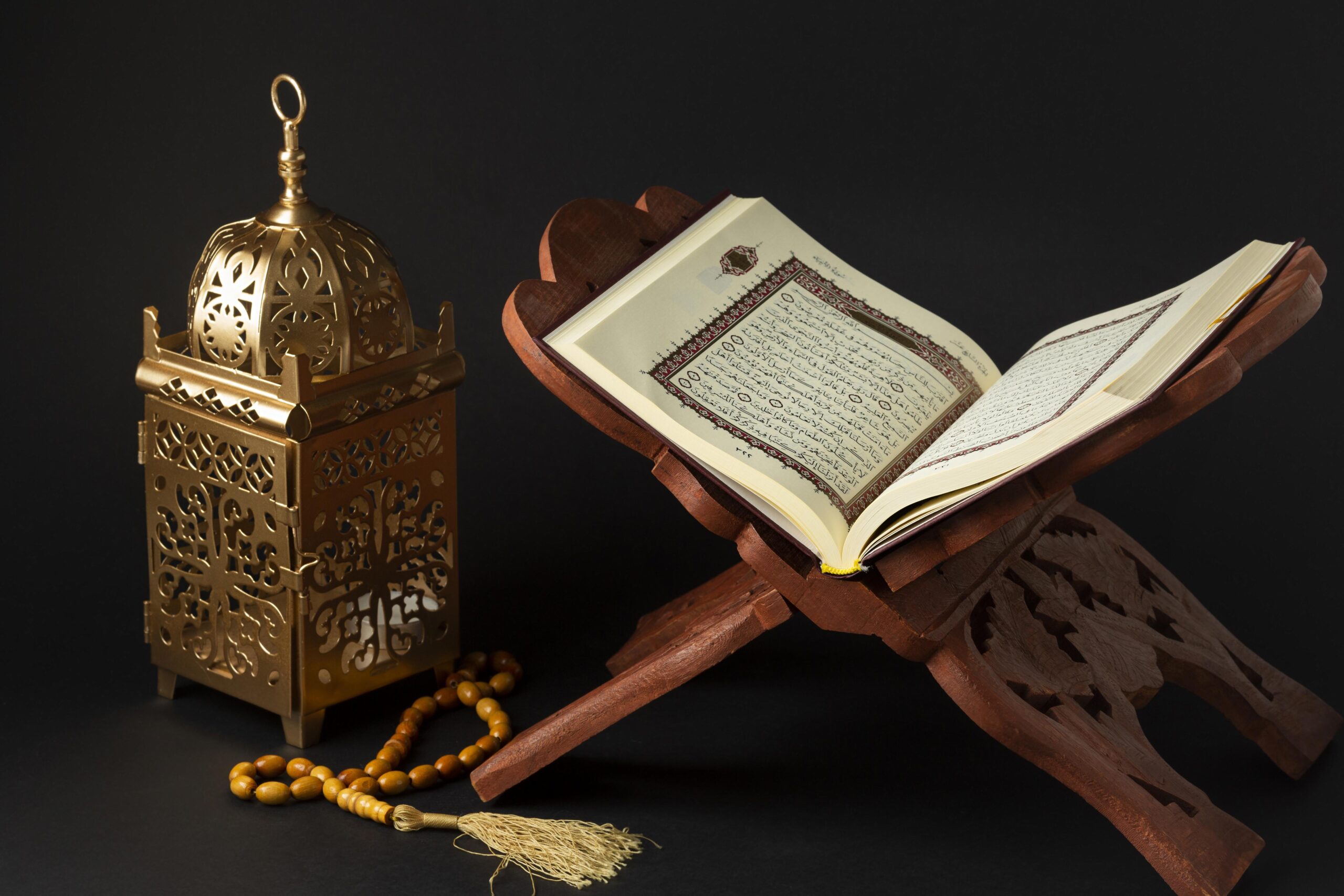Understanding Surah Al-Fatihah
Surah Al-Fatihah, often referred to as “The Opening” or “The Mother of the Book,” holds a special place in Islamic teachings and practice. As the first chapter of the Quran, it serves as a powerful invocation and a concise summary of the Islamic faith. The surah’s seven verses encapsulate the essence of Islam, touching on fundamental concepts such as monotheism, worship, guidance, and the relationship between humans and their Creator.
For Muslims worldwide, Al-Fatihah is not just a collection of words but a living, breathing prayer that forms an integral part of their daily lives. Its recitation is obligatory in every unit (rak’ah) of the five daily prayers, making it the most frequently recited passage of the Quran. The profound impact of this surah extends far beyond its brevity, offering a wealth of spiritual insights and practical guidance for those who seek to understand its depths.
The Opening Verses
Bismillah: In the Name of Allah The surah begins with the iconic phrase “Bismillah ir-Rahman ir-Rahim,” which translates to “In the name of Allah, the Most Gracious, the Most Merciful.” This opening invocation, known as the Bismillah, is not just a mere formality but a profound statement of intention and alignment with divine guidance. When I first began to truly contemplate the meaning of the Bismillah, it transformed my approach to daily tasks. By starting actions with this phrase, we remind ourselves that everything we do should be in accordance with Allah’s will and for His pleasure. It’s a powerful way to cultivate mindfulness and maintain a spiritual focus throughout our day. The Bismillah also serves as a reminder of Allah’s all-encompassing mercy. The attributes “ar-Rahman” and “ar-Rahim” both stem from the root word for mercy in Arabic, emphasizing the vastness and constancy of Allah’s compassion. This sets the tone for the rest of the surah and, indeed, for our entire approach to faith and life.
Praising and Glorifying Allah
The surah continues with “Alhamdulillahi Rabbil ‘Alamin,” which means “All praise is due to Allah, Lord of all the worlds.” This verse encapsulates the essence of gratitude and recognition of Allah’s sovereignty over all creation. Reflecting on this verse, I’ve come to appreciate the profound impact it can have on our perspective. By acknowledging Allah as the source of all blessings and the ultimate authority, we cultivate a sense of humility and contentment. It’s a powerful antidote to the modern tendency towards self-centeredness and materialism. Moreover, the concept of Allah as “Rabbil ‘Alamin” or “Lord of all the worlds” expands our understanding of creation beyond just our visible world. It encompasses all realms of existence, seen and unseen, reminding us of the vastness and complexity of Allah’s creation.
Seeking Guidance from Allah
The opening verses culminate in a direct appeal for guidance: “Ihdinaa siraatal mustaqeem” – “Guide us to the straight path.” This simple yet profound request encapsulates the essence of the human journey towards truth and righteousness. In my own life, I’ve found that regularly reflecting on this verse helps me navigate the complexities of modern life. It serves as a constant reminder that true guidance comes from Allah alone, and that we must actively seek this guidance in all aspects of our lives. The concept of the “straight path” is not about rigid adherence to rules, but rather about aligning our hearts, minds, and actions with divine guidance. It’s a path of balance, moderation, and spiritual growth that leads to ultimate success in this life and the hereafter. As we delve deeper into Surah Al-Fatihah, we’ll explore how these opening verses set the stage for a comprehensive understanding of our relationship with Allah and our purpose in this world.
Acknowledging Allah as the Sole Object of Worship
Central to Surah Al-Fatihah is the affirmation of Allah’s unique status as the only being worthy of worship. The verse “Iyyaka na’budu wa iyyaka nasta’een” (You alone we worship, and You alone we ask for help) encapsulates this fundamental principle of Islamic monotheism (tawheed). This declaration serves as a powerful reminder of our purpose in life and the ultimate source of our strength and support. In my own spiritual journey, I’ve found that internalizing this concept brings a profound sense of focus and tranquility. It simplifies our existence by directing all our devotion and reliance towards a single, perfect being. Practically speaking, this principle challenges us to examine our attachments and dependencies. Are we truly relying solely on Allah, or have we allowed other things – wealth, status, or even our own abilities – to occupy a place of undue importance in our hearts? Reflecting on this verse regularly can help us realign our priorities and strengthen our connection with Allah
Seeking Protection from Going Astray
The final verses of Al-Fatihah describe the straight path as “The path of those upon whom You have bestowed favor, not of those who have evoked [Your] anger or of those who are astray.” This provides a clear distinction between the path of righteousness and the paths that lead to divine displeasure or misguidance. In my experience, this part of the surah serves as a crucial reminder of the importance of role models and cautionary tales in shaping our spiritual journey. It encourages us to learn from the examples of righteous individuals throughout history while also being mindful of the pitfalls that have led others astray. This concept has practical implications in our daily lives. It encourages us to surround ourselves with positive influences, to seek knowledge from authentic sources, and to be cautious of ideologies or practices that may lead us away from the divine path. By regularly reciting and reflecting on these verses, we’re constantly renewing our commitment to stay on the right path and seeking Allah’s protection from deviation. It’s a powerful spiritual exercise that can have a profound impact on our choices and overall direction in life. As we continue to explore Surah Al-Fatihah, we’ll delve into its virtues and merits, and how its teachings can be applied to enrich our spiritual lives and strengthen our relationship with Allah.



